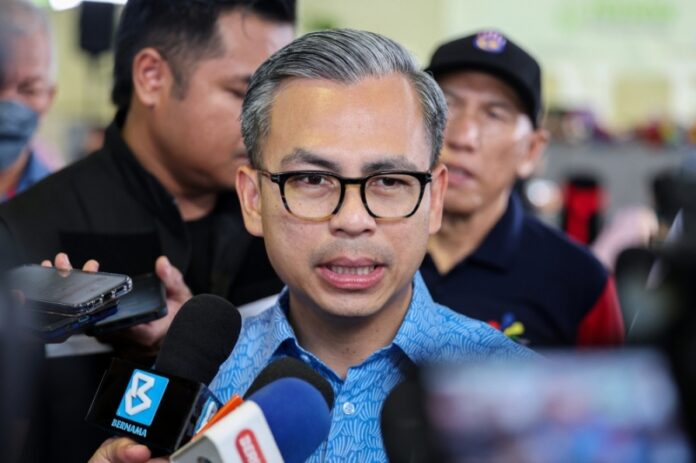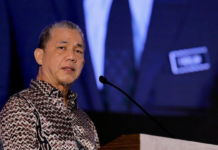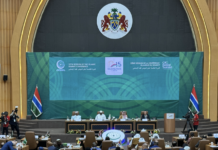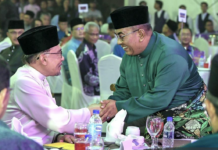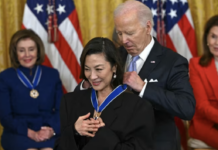KUALA LUMPUR, Dec 17 — The separation of the Communications Ministry and Digital Ministry following the Cabinet reshuffle on Tuesday (Dec 12) is to focus specifically on the progress of the country’s digital economy sector.
Communication Minister Fahmi Fadzil said there is a need to coordinate internal policies to empower the sector.
He explained that the separation of the ministries came about following a discussion session he had with Prime Minister Datuk Seri Anwar Ibrahim’s team after finding several aspects that needed to be coordinated throughout his time helming the Ministry of Communications and Digital (KKD), with the digital economy previously encompassing four ministries.
“In terms of startup and capital venture, it was under the Ministry of Science, Technology and Innovation. For upskilling and setting up factories, it was under the Malaysia Digital Economy Corporation (MDEC) in KKD at that time. Investments came under the Ministry of Investment, Trade and Industry while reporting involved MyDigital Corp under the Economy Ministry.
“So, when discussing with the industry, there were doubts when four ministries handled the same issue. So, I explained to the prime minister why not we gather all the agencies under one specific ministry,” he said.
He said this at a media conference after officiating the Reuse, Educate, Nurture and Empower with Waste (R.E.N.E.W) programme organised by the Institute of Continuing Education and Professional Studies (iCEPS) of Universiti Teknologi Mara (UiTM) at Dataran Sri Angkasa Jaya here today.
Fahmi, meanwhile, denied allegations that the separation of the ministries was to save his political career.
“Some parties accused me of failing to carry out my duty as Minister of Communications and Digital, and (the ministry) was divided to save my political career. That is not true.
“If we look at the current distribution of agencies, of the 11 or 12 agencies under the ministry, eight remained with the Communications Ministry, and it is nine if you include one outside agency, including the Community Communications Department (J-KOM). So, the majority is still with the Ministry of Communications,” he said.
In addition, he also supported the views of Digital Minister Gobind Singh Deo at the National Digital Economy and 4IR Council meeting on Friday (Dec 15) that there is a need to coordinate policies not just through the Council but also in the Digital Ministry itself.
Fahmi also expects the final list for the placement of agencies under both ministries to be finalised by the end of next month.
In addition, Fahmi, who is also the Unity Government spokesman, said steps to separate the ministries are seen as crucial because the country’s digital economy sector’s contribution to the Gross Domestic Product (GDP) is expected to reach 25.5 per cent by 2025.
Fahmi said it was the same with the Ministry of Natural Resources, Environment and Climate Change (NRECC), which was separated into two ministries, namely the Ministry of Natural Resources and Sustainability and the Ministry of Energy Transition and Public Utilities, to give focus to certain matters.
“The prime minister stressed that there is no ‘honeymoon period’, (so we need to) hit the ground running. It means all the ministers must do their jobs, so I see this separation as being able to provide focus,” he said.
Citing the Malaysian Administrative Modernisation and Management Planning Unit (MAMPU) being taken out from the Prime Minister’s Department and made the main agency under the Digital Ministry, he said this could raise the standard and position of MAMPU as an agency which coordinates all digitalisation efforts.
He said such efforts reflected the government’s priority and focus on the aspect of digitalisation towards enhancing the country’s economy.




